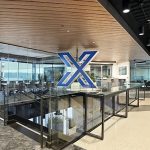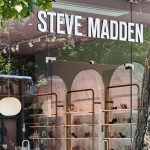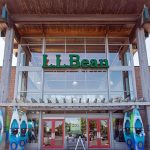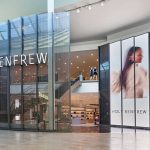Unifi Inc. is increasing polyester texturing capacity in the United States and Central America to support the growing demand for synthetic yarn in the NAFTA and CAFTA regions by The North Face, Ford and other customers.
The expansion involves adding texturing machines in Yadkinville and Madison, N.C., and El Salvador and will support the growth in the company's premier value-added product lines, as a result of new and expanding value-added programs with customers such as Ford, The North Face and others.
The expansion also reflects Unifi's commitment to the Americas and to servicing the growing number of customers who choose to source their products in the western hemisphere. Regional synthetic apparel production has continued to grow over the last five years, at an average of 5 to 6 percent annually. This incremental capacity will allow Unifi to better serve the growing demand for synthetic yarn in both the NAFTA and CAFTA regions. Installation of the new machinery is expected to be complete by June 2015.
“We are very encouraged by the continued growth of synthetics in the U.S. and Central America, and the opportunities it presents for the textile industry,” said Roger Berrier, president and chief operating officer of Unifi, Inc. “We work closely with our customers to understand their production needs, and we are committed to investing in this region to provide the increasing amounts of synthetic yarn and other innovative products they require.”
Augustine “Auggie” Tantillo, president and chief executive officer of the National Council of Textile Organizations said, “The Unifi investment is another example of how the NAFTA and CAFTA regions are gaining share as they continue to become more economical sourcing options. Unifi's investment in additional capacity in the U.S. and Central America demonstrates the company's commitment to sustain the growth and economic vitality we've come to expect in the region.”
“This expansion is one of the key projects that we identified to help drive profitable growth for the company, and is a planned part of our increased capital spending for this fiscal year,” added Berrier.















